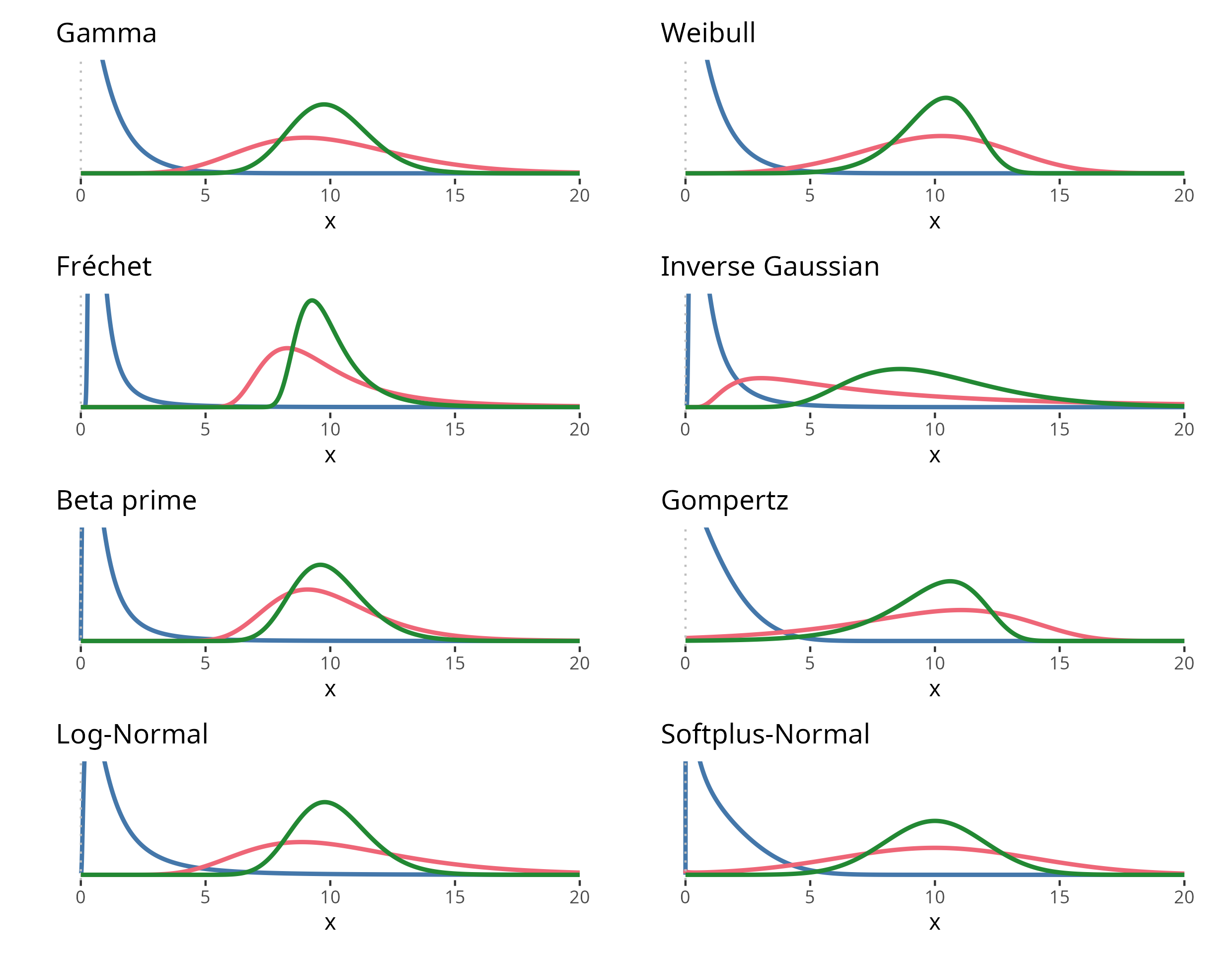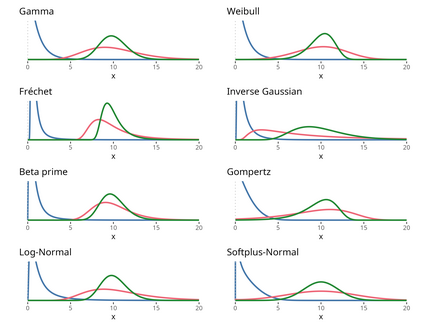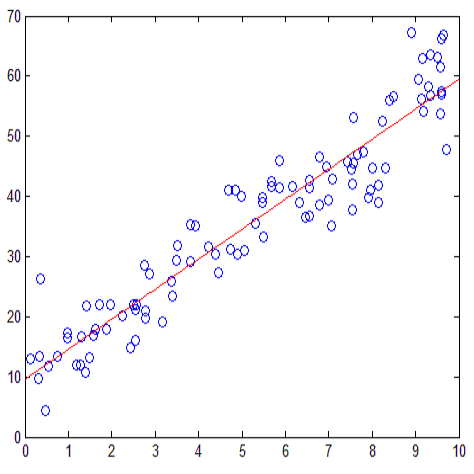Bayesian modeling provides a principled approach to quantifying uncertainty in model parameters and model structure and has seen a surge of applications in recent years. Within the context of a Bayesian workflow, we are concerned with model selection for the purpose of finding models that best explain the data, that is, help us understand the underlying data generating process. Since we rarely have access to the true process, all we are left with during real-world analyses is incomplete causal knowledge from sources outside of the current data and model predictions of said data. This leads to the important question of when the use of prediction as a proxy for explanation for the purpose of model selection is valid. We approach this question by means of large-scale simulations of Bayesian generalized linear models where we investigate various causal and statistical misspecifications. Our results indicate that the use of prediction as proxy for explanation is valid and safe only when the models under consideration are sufficiently consistent with the underlying causal structure of the true data generating process.
翻译:暂无翻译






